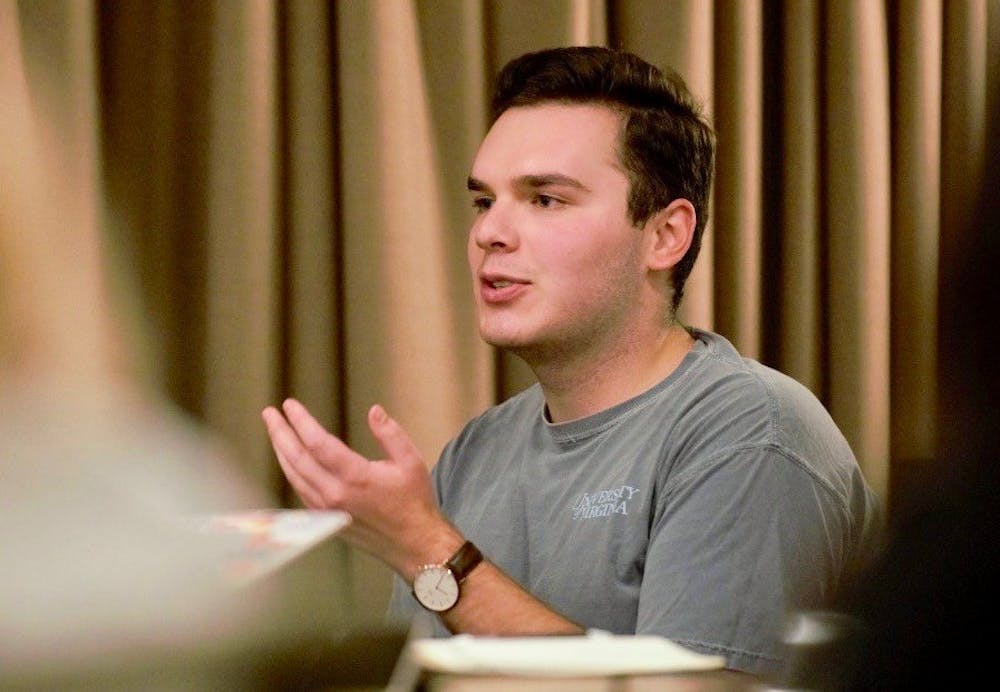The Honor Committee voted unanimously Sunday to remove the Admission of Act from the Contributory Mental Disorder, or CMD, process. The changes will not take effect until Oct. 29, allowing the Committee time to make possible amendments to the measure.
The change will remove the requirement that an accused student admit an Act, or admit guilt to an Honor offense, before being assessed for a CMD.
The CMD is a procedure that allows students to request a psychological evaluation prior to moving through Honor proceedings to determine if a mental health condition contributed to the commission of the offense, which is typically overseen by the Office of the Dean of Students and conducted by Student Health or the University’s Counseling and Psychological Services.
This change is one part of a push to reform the CMD process within the Committee. Two other substantial changes are expected to be voted on in the next few weeks, according to an email from Ory Streeter, the Honor Committee’s chair and and a Medical student. One will set a timeline for deadline which students in the CMD process must complete ODOS requirements by. The other will move the start of the CMD process until after the investigation into the student’s case is complete and an accusation is filed.
The requirement has been “a sticking point for the existence of the CMD process,” said Derrick Wang, a third-year College student and vice chair for community relations. “We want to remove the burden it puts on a student when they are taking the CMD. If there are going to be parallel processes, it doesn't make sense that what happens in one process follows you back to the other.”
Peyton Sandroni, a fourth-year Engineering student and the Committee’s vice chair for investigations, said making sure every clause is perfect should be a priority for the Committee by the time it takes effect.
“This is something we have to have done before students use it,” Sandroni said. “If it’s not completely tied up with a bow, we open it up to problems procedurally.”
The change, along with any other changes approved in the next few weeks, has a “sunset clause” attached. This requires that the Committee take another vote on March 3, 2019 to re-approve or potentially revoke the changes. If this second vote fails, all of the changes will be removed and the bylaws will revert back to their original version.
The Committee also heard a report Sunday from the Selections working group, which has been conducting interviews for new support officers. “Support officers help process and investigate cases, advise accused students and reporters, and conduct education and outreach,” according to the Honor Committee’s website.
The first phase of Honor selections has been completed, with the second phase of interviews to begin soon. Meghan Wingert, support officer member atlLarge and a fourth-year College student, said the selections team has interviewed between 130 and 140 candidates so far. Wingert added that around 100 students will be interviewed for the second round and said the Committee expects to accept about 40 to 50 support officers in total.







